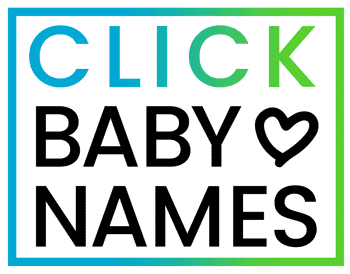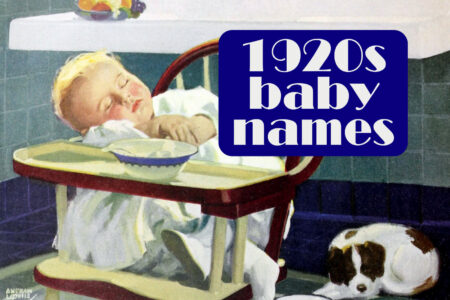- Scottish for “dweller of the sea” or “by the sea”
- May be derived from old Anglo-Saxon morgen, meaning “morning”
- A unisex personal name, and also a popular last name
- Morgan is also the name of a popular type of horse, one of the earliest breeds developed in the United States
- Variants include Morgen, Morgin, Morgana, Morgane, Morganne, Morghen
More history of the name Morgan
The name Morgan can be literally translated “by sea,” from the Scottish ceann mor.
Another plausible suggestion is that it is derived from the Welsh words, more can, signifying sea horn. The name could also be derived also from the Irish O’Muirgain (from muir, “the sea”).
The Italianized forms include Morghen and Morgagni, the former as applied to Raphael Morghen, the celebrated engraver of 1282.
Still another theory, which at first appears to be the most obvious and probable of all, attributes its origin to the Anglo-Saxon words, morgen, or morgan, for morning; the name denoting generally, an “eastern light;” more accurately perhaps, a light or glow coming out from an eastern sea.
But this theory involves the anachronism of tracing to a Saxon root, a name now known to be older in Wales than the advent of the Saxon race or language in the British Islands. Its origin is undoubtedly Celtic.
Of its eminent claim to great, even the very highest antiquity, as a surname, there is no room for doubt. It was not only in common use, as such, at the date of the Norman Conquest, as appears from entries upon Domesday Book and Battle Roll, but for centuries before that event.
Lower, in his “Dictionary of Family Names,” has this paragraph:
“MORGAN — a Welsh name, of high antiquity. The founder of the Pelagian heresy, in the 4th century [about A.D. 360,] was a true Welshman, a monk of Bangor. His name was Morgan, which signifies ‘of the sea,’ and this was correctly Latinized Pelagius.”







